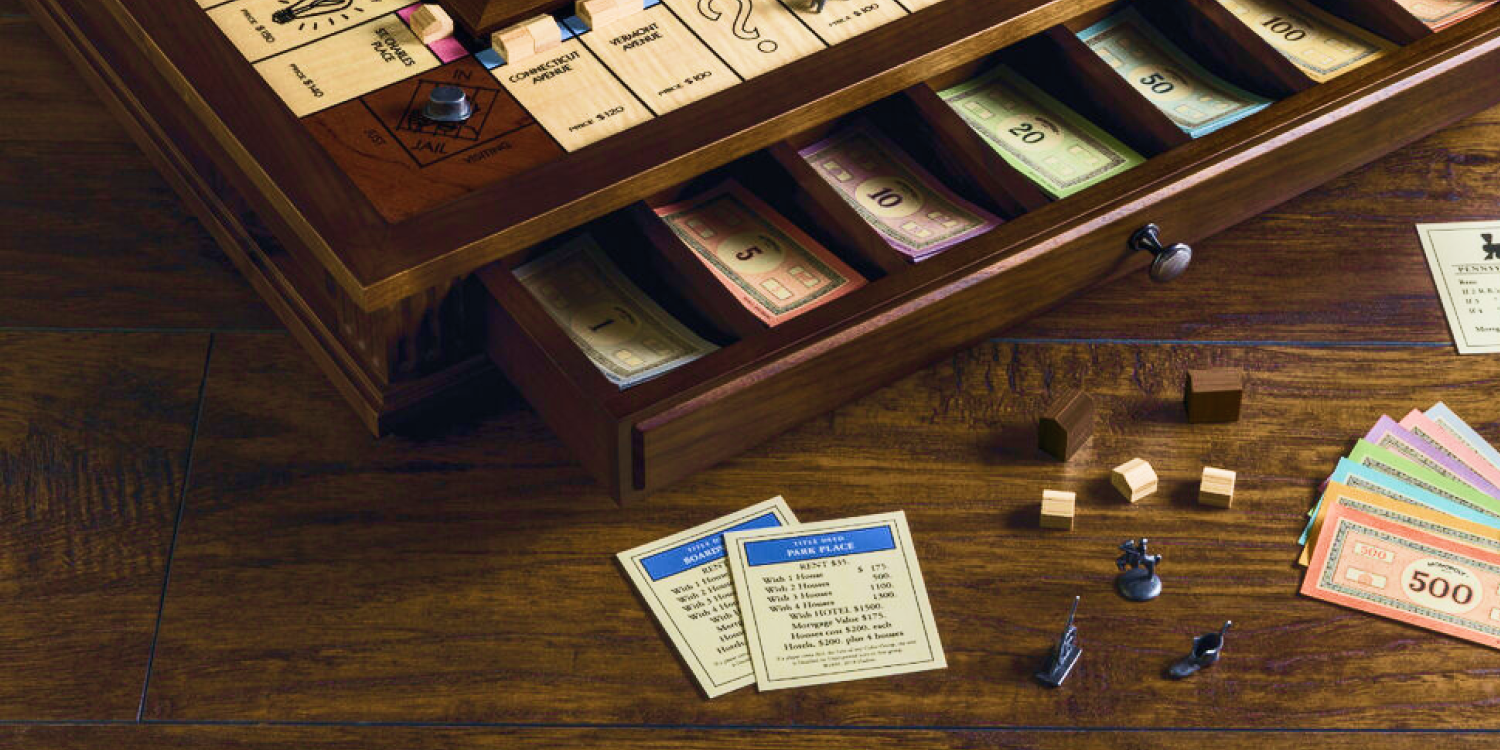Better Alternatives to Your Favorite Board Games
Modern board games improve on classics with fairer gameplay, less reliance on luck, balanced mechanics, and fresh ideas. Here are some of the best modern alternatives to beloved classics.
1. Monopoly
Modern Alternatives
Catan
Why It’s Great: Focuses on strategy, resource management, and trading instead of luck-based mechanics.
How to Play: Players collect resources, trade, and build settlements to score points.
Perfect For: Families who enjoy negotiation and strategic planning.
Number of Players: 3–4
Game Length: 45–90 minutes
Cascadia
Why It’s Great: A relaxing, nature-themed game about building habitats for wildlife.
How to Play: Players draft tiles and tokens to create the most harmonious ecosystems.
Perfect For: Families who enjoy thoughtful, puzzle-like games.
Number of Players: 1–4
Game Length: 30–45 minutes
Ticket to Ride
Why It’s Great: A train-themed game with strategic route planning and set collection.
How to Play: Players collect cards to claim railway routes and connect cities for points.
Perfect For: Families looking for a mix of luck and light strategy.
Number of Players: 2–5
Game Length: 45–60 minutes
2. Clue (Cluedo)
Modern Alternatives
Mysterium
Why It’s Great: A cooperative murder mystery game where players interpret ghostly visions.
How to Play: One player is a ghost providing clues through abstract cards; others solve the murder.
Perfect For: Families who enjoy storytelling and deduction.
Number of Players: 2–7
Game Length: 40 minutes
Deception: Murder in Hong Kong
Why It’s Great: A hidden-role game with murder mystery mechanics and social deduction.
How to Play: Players work together to find the killer, guided by a forensic scientist’s clues.
Perfect For: Groups who enjoy fast-paced deduction games.
Number of Players: 4–12
Game Length: 20 minutes
Chronicles of Crime
Why It’s Great: A tech-enhanced deduction game where players investigate cases with an app.
How to Play: Scan QR codes to gather evidence, interview suspects, and solve the crime.
Perfect For: Families who enjoy immersive storytelling with a modern twist.
Number of Players: 1–4
Game Length: 60–90 minutes
3. The Game of Life
Modern Alternatives
Camel Up
Why It’s Great: A betting game where players wager on unpredictable camel races.
How to Play: Place bets on camels as dice rolls determine the race’s outcome.
Perfect For: Families who love fast-paced, interactive fun.
Number of Players: 3–8
Game Length: 20–30 minutes
High Society
Why It’s Great: A bidding game about living a luxurious life while avoiding bankruptcy.
How to Play: Players bid on luxury items while balancing their limited funds.
Perfect For: Families who enjoy quick, strategic games.
Number of Players: 3–5
Game Length: 15–30 minutes
Heat: Pedal to the Metal
Why It’s Great: A racing game where players balance speed and control to win.
How to Play: Play cards to manage your car’s heat and speed through intense race tracks.
Perfect For: Families who love competitive racing games.
Number of Players: 1–6
Game Length: 30–60 minutes
4. Risk
Modern Alternatives
Small World
Why It’s Great: A streamlined area control game with whimsical factions.
How to Play: Players expand their territory with unique faction abilities and manage decline cycles.
Perfect For: Families who love strategic area control with lighter rules.
Number of Players: 2–5
Game Length: 40–80 minutes
Carcassonne
Why It’s Great: A tile-placement game where players build landscapes and claim areas.
How to Play: Lay tiles to create cities, roads, and fields, scoring points based on their use.
Perfect For: Families who enjoy creative, puzzle-like games.
Number of Players: 2–5
Game Length: 35–45 minutes
Pandemic: The Cure
Why It’s Great: A cooperative game about combating global outbreaks using dice rolls.
How to Play: Players work together, rolling dice to collect cures and contain diseases.
Perfect For: Families who love cooperative gameplay and solving challenges together.
Number of Players: 2–5
Game Length: 30 minutes
Conclusion
While these timeless games still have their place, modern alternatives offer deeper gameplay, more interaction, and greater variety. Whether you’re looking for strategy, storytelling, or sheer fun, there’s a game on this list for every family.
